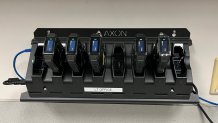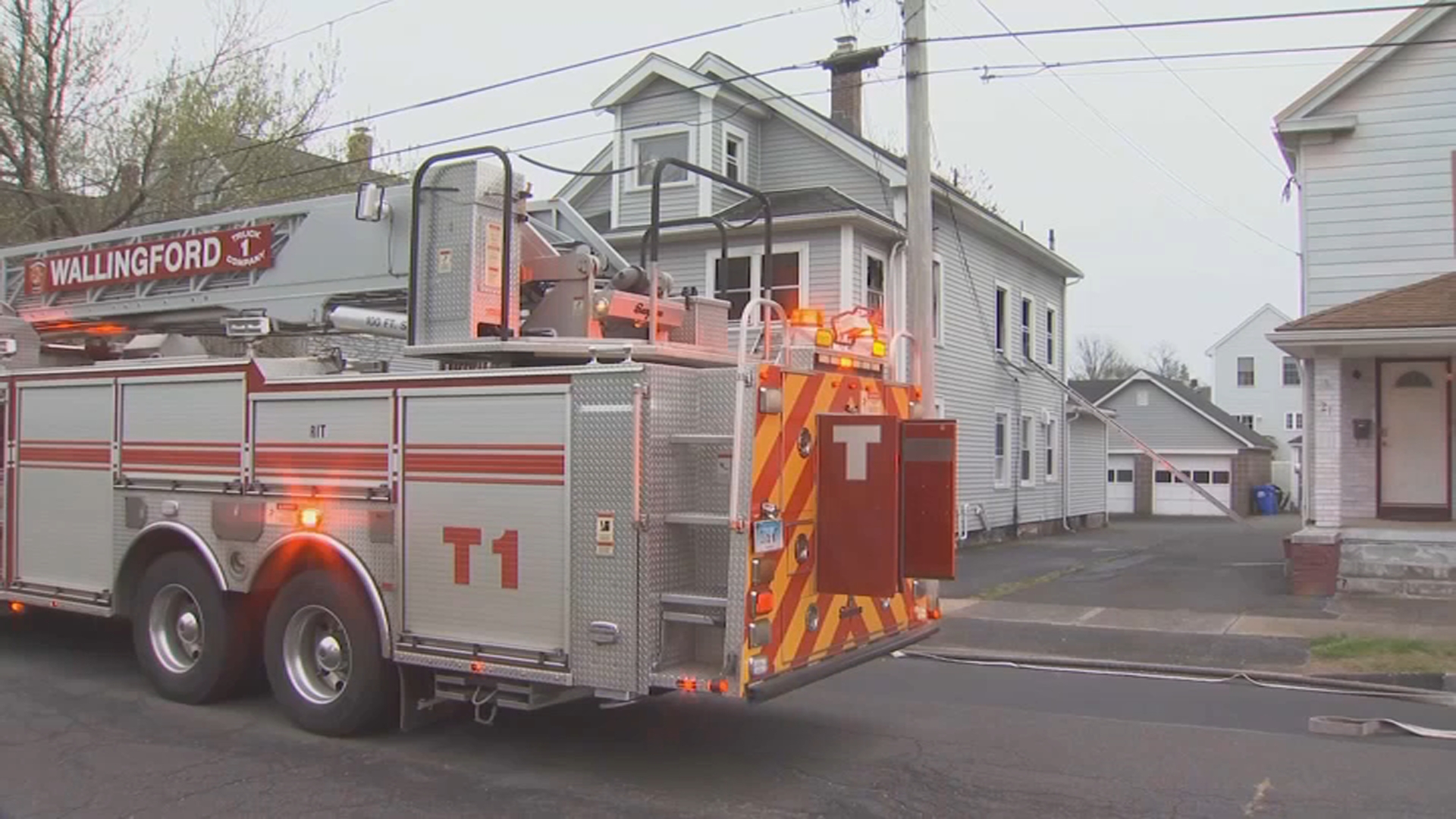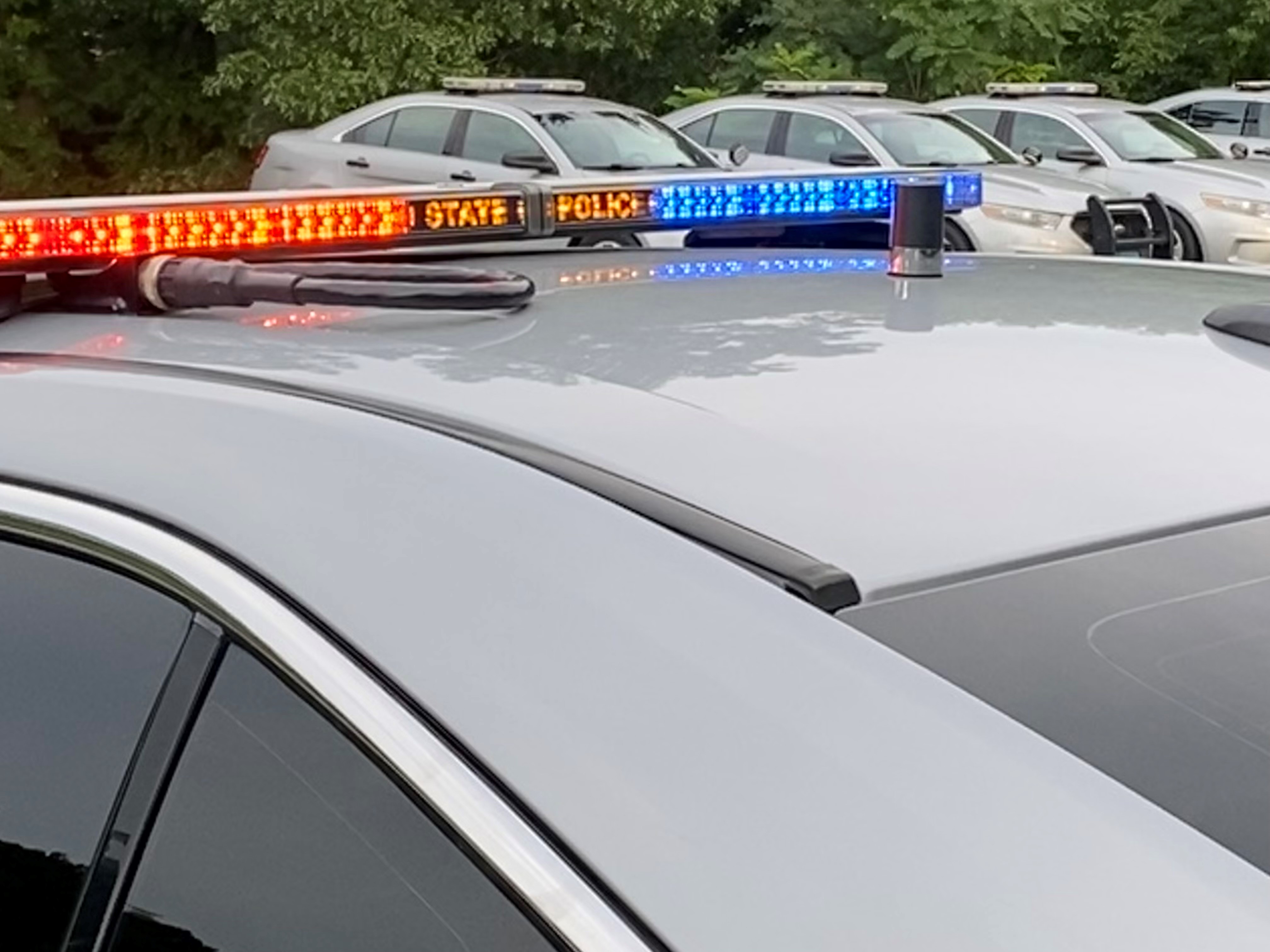For years, some police departments across Connecticut have recorded officers’ actions on the job. The public usually only sees those recordings when an officer’s actions come into question.
Until recently, only certain police officers were required to wear body cameras, including Connecticut State Police and police at public colleges and universities. Now, it’s required for all law enforcement officers in the state.
The Police Transparency and Accountability law passed in 2020 set a deadline of July 1, 2022 for departments to outfit their officers with body cameras and their cruisers with dash cameras.
NBC Connecticut Investigates conducted a survey to see how many departments were ready ahead of the deadline. The answer is - nearly all of them.
Get Connecticut local news, weather forecasts and entertainment stories to your inbox. Sign up for NBC Connecticut newsletters.
According to our survey, at least ten police agencies acquired body cameras within the last six months. Police in Avon, Easton, Fairfield, Middletown, West Haven, Weston, Willimantic, Windsor Locks and Middletown are now outfitted with the equipment.
Officers with DEEP Environmental Conservation Police and the University of New Haven Police also started wearing body cameras this year.
Local
Four departments told NBC Connecticut they had body cameras, but installed dash cameras in police vehicles to comply with the law. They are Bristol, East Hartford, Torrington and Stamford.
“We want to make sure that the public knows that we are trying to do the right thing, that we do treat people well,” said Middletown Police Lt. Brian Hubbs.
Hubbs has been wearing his body camera for about a month and said he prefers to have his actions on video.
“Yes there’s an accountability aspect to this, but one of the other aspects of this is it allows us to take an objective view,” he said. “They can see their own emotions on camera and say, 'you know what, maybe I shouldn’t have reacted that way.' And now, they have a different perspective for next time.”
The law requires officers to record all interactions with the public when acting in a law enforcement capacity, including motor vehicle stops, taking statements from suspects, witnesses and victims, transportation and processing of prisoners, and serving arrest and search warrants. There are some exceptions.
“Private conversations, certainly in a locker room, those kinds of things,” said Milford Police Chief Keith Mello. “And I think sometimes when the public sees that, that the body camera’s turned off, and they assume that something's being done or said that shouldn't and that's not the case. There's no requirement [for] police officers to record each other. It's just the requirement is to record that interaction with the public or that seizure of evidence and so forth.”
Milford Police Chief Keith Mello helped develop the Police Officer Standards and Training Council (POST) policy on the use of body and dash cameras. Milford was one of the first departments in the state to start using body cameras back in 2011.

NBC Connecticut Investigates spoke with several police chiefs throughout the course of our survey. The main reason some departments held off on getting cameras is the cost. Municipalities can get a partial reimbursement for the upfront cost, but storing the massive amount of video files requires a massive amount of money.
The Police Transparency and Accountability law authorized $4 million in reimbursement grants for departments to buy the equipment. The reimbursement rate is 50% for distressed municipalities and 30% for non-distressed municipalities.
Departments that took advantage of the grant in 2015, before cameras were mandatory, were reimbursed at 100%.
But after the one-time reimbursement, departments are on their own for the ongoing costs.
“We just spent $1.3 million for a five-year program. And that's every five years and that continues to go up. I think last time we did this, we spent about a million. So those costs are significant, and they continue to rise,” Mello said.
Only two departments told NBC Connecticut they expected to miss the July 1 deadline. Newington Police said supply chain issues caused a shipping delay from the manufacturer. The MDC Police Department also said its purchase is pending.
We are awaiting responses from the Aquarion Water Company Police Department and the Connecticut State Capitol Police.
Going forward, departments must have the cameras in order to receive accreditation from POST, according to Mello.



